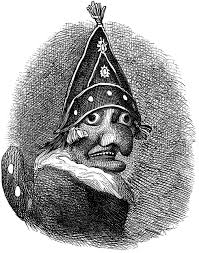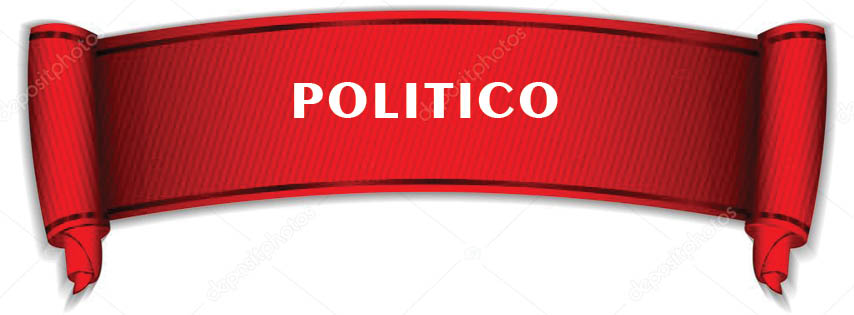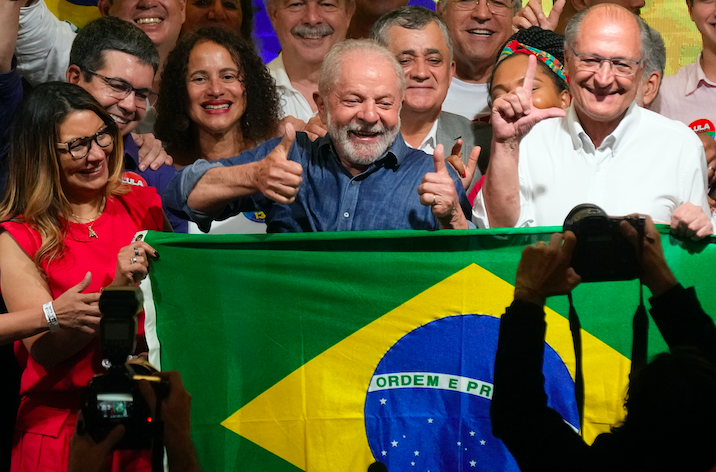Sunday Morning / November 6, 2022
Tens of thousands of jubilant supporters took to the streets of Sao Paulo this week (October 30, 2022) when Brazil’s Supreme Electoral Court declared Luiz Inacio Lula da Silva the President-elect of Brazil with 50.9% of the vote. It’s a stunning comeback for the 77-year-old former metalworker who served two consecutive terms as the President of Brazil, 2003 to 2011.
His tenure was responsible for an extensive social welfare infrastructure that ushered tens of millions from poverty to the middle class. *Spending is expected to exceed 200 billion reals ($39 billion) in 2023, says former Finance Minister Guido Mantega. The man universally known as “Lula” left office with an approval rating above 80%, prompting then U.S. President Barack Obama to call him “the most popular politician on earth.”
Shortly after leaving office, Lula was charged with corruption and money laundering in 2017; spent 580 days in prison; and was exonerated in 2021 when Brazil’s Supreme Court overturned Lula's convictions. Citing bias, collusion and jurisdiction, Lulu’s political rights were reinstated paving the way for a historic sixth run for president.
At the core of this election was a debate about accountability. World leaders lined up to congratulate the president-elect this week, but 49.1% of Brazil’s population was unconvinced. Lula addressed them first in his victory speech;
I will govern for the 215 million Brazilians, not just the ones who voted for me. There are not two Brazils. We are one country, one people, one great nation.
The Brazilian Way
In 2022, Brazil’s average per capita monthly income was roughly R$2727 (US$544). However, 62.9 million Brazilians or 29.6% of the country's population has a monthly income of around R$497 (US $297). In the space of two years, during the 2019-2021 coronavirus pandemic, 9.6 million people saw their income drop into that group. Today, nearly 40% of Brazilians live in abject poverty.
Corruption in Brazil exists on all levels of society from the top echelons of political power to the smallest municipalities. Transferring taxpayer funds to members of congress, for their support and votes in congress, is a standard practice. Politicians regularly use Petrobras, the state-owned and state-run oil company, to raise hundreds of millions for political campaigns and personal enrichment.
Over 1000+ warrants for search and seizure were issued to Brazil’s politicians in 2014; including former presidents; senators; and governors. Operation Car Wash is considered the largest corruption investigation in the country's history, recovering R$6.4 billion largely through an embezzlement scheme with Petrobras.
Corruption equates to roughly 2.3% of Brazil’s 3.6 trillion GDP, according to the Federação das Indústrias do Estado de São Paulo, the equivalent of R$30 billion.
The "Brazilian way” refers to a systemic practice of small corruptions including anything from tax evasion, jumping the queue, even torrenting as commonly accepted forms of behavior. It’s derivation, Jeitinho, is Portuguese and describes; “a method of finding a way to accomplish something by circumventing or bending the rules or transgressing social conventions.”
What, precisely, is the corollary between poverty and corruption? What we know from Aristotle is this, “poverty is the parent of revolution and crime.”
Let’s Go Together
While Lula was in office, reports of kickbacks in exchange for votes roiled Congress. However, after leaving office the Public Ministry of Brazil opened an investigation into allegations of influence peddling by Lula — which alleged that between 2011 and 2014 he had lobbied for government contracts in foreign countries for the Odebrecht company — and persuaded the Brazilian Development Bank to finance projects abroad.
In one of nine suits brought against the former president, Lula was found guilty by the lower court of accepting R$3.7 million in bribes (US$1.2 million) in the form of improvements to his beachfront house, made by construction company Grupo OAS, which in turn received lucrative contracts from the state-owned oil company Petrobras.
Lula da Silva became a defendant for passive corruption, money laundering and influence peddling which culminated in his conviction and sentence for 9.5 years. He entered prison on April 7, 2018 and was released after 580 days culminating in the Free Lulu Movement.
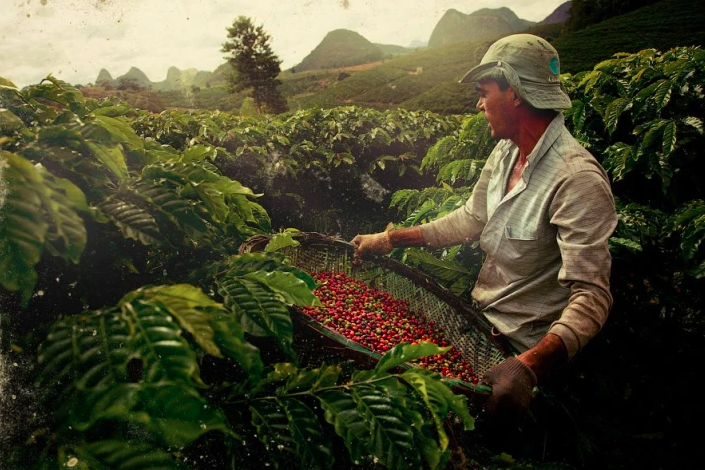
Brazil's Minas Region
On the conservative side of the equation, almost every member of the incumbent President Jair Bolsonaro's family is currently being investigated by the police. Flavio, Eduardo, even wife Michelle are all being investigated in the Queiroz Case; a corruption scandal and political crisis regarding hundreds of thousands of Brazilian reals being transferred to and from the bank account of the family’s driver, Fabricio Queiroz. Another scheme referred to as “Rachadinha” is investigating the skimming the salaries of Bolsanaro’s appointees while a Federal Deputy.
Coffee & Cream Politics
Throughout the First Republic (1889–1930), Brazil’s politics were controlled by the landed gentries and oligarchies of São Paulo; particularly the coffee and dairy industries in the southern Minas region. A labor strike (1917) and global economic crisis (1929) broke that chain after which Getúlio Vargas began stirring the Revolution of 1930. The Minster of Finance states;
The people are starving and oppressed. Representative government has been destroyed by the oligarchies and the professional politicians. Brutality, violence and squandering of public funds is seen at every level of Brazilian national politics.
Electoral reform, a communist uprising, and military coup all led to the Vargas Era; the period in Brazil’s history from 1930 to 1945 led by Getúlio Vargas.
From the first to present Republic (1889-onward) almost all of Brazil’s 39 chief executives have fallen under scrutiny or scandal including; Sarney (denounced by the National Congress); Collor (resigned after failing to stop his own impeachment trial); Cardoso (purchased Congressional votes to amend the constitution’s term limits); and Dilma Rousseff (impeached). Even Fonseca, the first president of Brazil, was mired in controversy when he resigned after attempting to dissolve the National Congress. Vargas ultimately committed suicide.
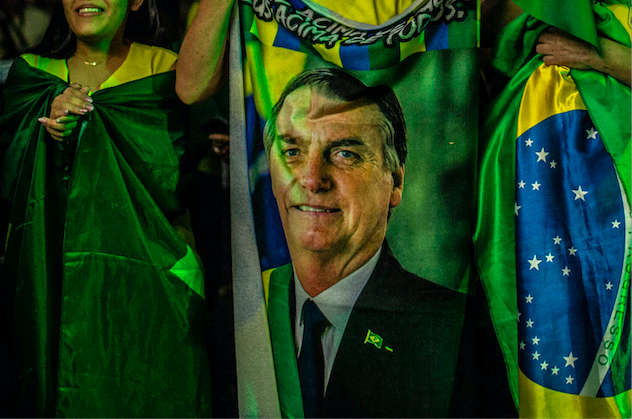
Bolsonaro illustration
Brazil’s democracy has repeatedly suffered major corruption scandals despite numerous reforms designed to overcome entrenched patterns of illicit behavior. The systemic recurrence of scandal, poverty and corruption across the past century of government administrations isn’t critique. It’s a moment of reckoning for the largest economy in Latin America.
Politics of Corruption
Corruption is a political strategy employed by private actors to exert influence over institutions or the state. Nowhere are the contested politics of corruption and anti-corruption clearer than in Brazil. Antonio Gramsci writes in “Prison Notebooks;”
Corruption can serve as a form of rule when it is impossible to rule through consent alone, and force is too risky a political strategy. Corruption and fraud are strategies deployed under circumstances when the hegemony of the dominant class is fragile, permitting it to buy political support. In essence, it is the privatization of public life.
A resent shift from economics to a closer look at the political ideology of Karl Marx has led American and British theorists to the work of Antonio Gramsci, one of the founders of the Italian Communist party. In “Prison Notebooks,” Gramsci chronicles his own political experience during the decade preceding his arrest in 1926.
History it seems misread his treatise as an indictment of fascism, and later as a critique of the radical left, when in fact both were merely outcomes of what he called a “crisis of authority. When a ruling class loses consensus, exercising coercive force alone, it is because the people have lost their faith in an ideology. Gramsci writes;
The crisis occurs when the old guard is dying, the new has yet to be born; and in this interregnum a great variety of morbid symptoms appear.
Luiz Inacio Lula da Silva is slated to assume office on January 1, 2023.


